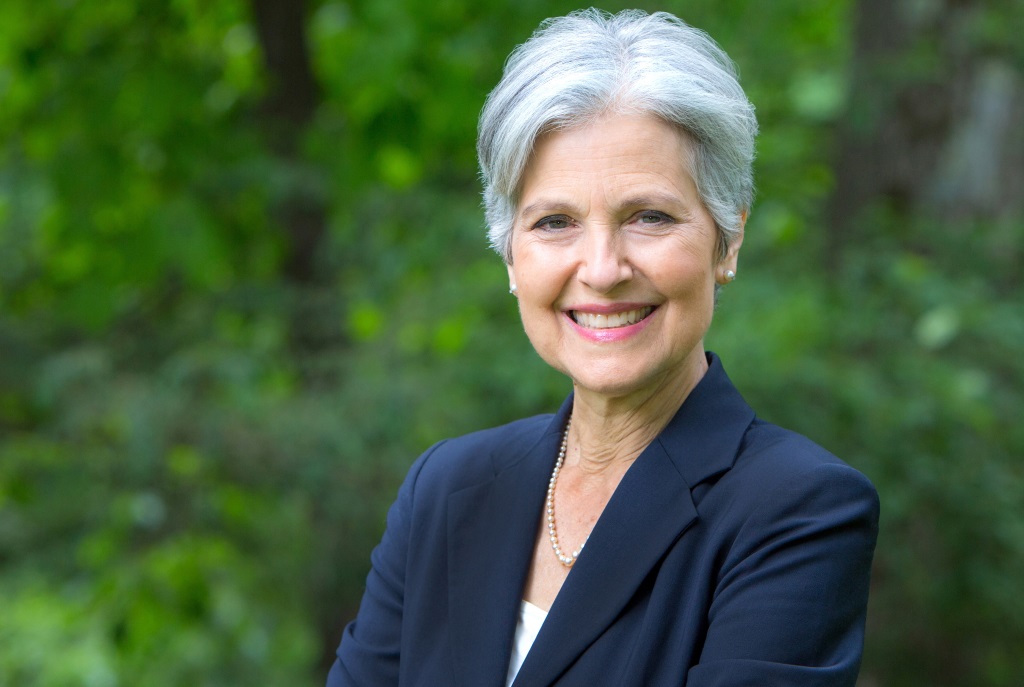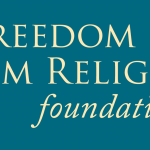Republicans, Democrats Play Games With Third Parties on Wisconsin Ballot Access
Green Party, Kennedy, West all receiving help or opposition, depending on circumstance.

Jill Stein. Photo courtesy of Jill Stein for President.
The two major political parties are battling over the ability of third-party candidates to access the November presidential ballot in Wisconsin. The fight indicates concerns about how those candidates could affect the final vote totals in a state that frequently has exceptionally close statewide elections.
On Wednesday, an employee of the Democratic National Committee filed a complaint against the Green Party, arguing it is not eligible for the ballot in Wisconsin.
The Wisconsin Elections Commission (WEC) voted in February to allow the Green Party on the ballot because it got at least 1% of the vote in a statewide race in 2022. Green Party candidate Sharyl McFarland got 1.6% of the vote in the four-way race for state treasurer that year.
But the complaint argues that the party can’t nominate presidential electors in Wisconsin and without electors, the party can’t be on the ballot. State law requires that presidential electors nominated in October be state officers, which includes members of the Legislature, judges and others. Legislative candidates can also be electors.
The statute states that presidential electors must be “candidates for the senate and assembly nominated by each political party at the primary, the state officers (of each political party) and the holdover state senators of each political party.”
The complaint alleges the Green Party doesn’t have anyone who qualifies, so it can’t be on the ballot.
The Green Party’s presidential candidate, Jill Stein, is expected to accept the party’s nomination at its convention this week. Stein was on the ballot in 2016 and received just over 31,000 votes. Democrats say Stein’s run in 2016 contributed to Donald Trump’s win in the state that year, when he beat Hillary Clinton by about 23,000 votes.
“We take the nomination process for President and Vice President very seriously and believe every candidate should follow the rules,” Adrienne Watson, senior adviser to the DNC, said in a statement. “Because the Wisconsin Green Party hasn’t fielded candidates for legislative or statewide office and doesn’t have any current incumbent legislative or statewide office holders, it cannot nominate candidates and should not be on the ballot in November.”
Dr. Michael White, co-chair of the Wisconsin Green Party, says that the claim that the Green Party was a spoiler in 2016 is a “smokescreen” because many Green Party voters would not have voted for Clinton anyway. He adds that the attempt to keep the party off the ballot this year could backfire.
“Many Green Party supporters would simply not vote for anyone,” White told the Wisconsin Examiner. “We’ve got more than 5,000 voters in our database. Yeah, we’re a small party. Only a small number will vote for the Democratic nominee, some will vote for Trump in protest, some will write in Jill Stein’s name, some will vote libertarian or communist. It will win no extra votes for Democrats. The main effect [of keeping Stein off the ballot] will be to drive voters away from the Democratic party.”
White adds that he would vote for “a name out of the phone book” before voting for Trump and that he’s donated to and canvassed for down-ballot Democratic candidates, but if the effort to block Stein is successful he will stop that support. He also believes the complaint is wrong because the party’s coordinating committee counts as its “state officers” who are allowed by statute to serve as presidential electors.
Cornel West, Robert Kennedy Jr. also seek ballot access
On Wednesday, USA Today reported that Republican party operatives had also attempted to boost progressive activist Cornel West’s presidential campaign in Wisconsin, working to gather signatures in support of his third-party campaign.
Independent candidates need to obtain at least 2,000 signatures to gain access to the presidential ballot in Wisconsin.
David Blair, executive director of the Conservative Leadership PAC and former national director of Youth for Trump in 2016, runs a consultant group that worked to gather signatures.
Robert F. Kennedy Jr. is also running an independent campaign for president. Polls show single-digit levels of support for all of the outside candidates, yet they’re seen as pulling potential votes from the two major party candidates. West and Stein are widely seen as drawing from Vice President Kamala Harris’ voter base while recent polls show Kennedy pulling votes from Trump.
In 2020, the major parties also wrestled over independent candidates’ access to the ballot in Wisconsin. Kanye West was not allowed on the ballot in Wisconsin because his campaign missed a filing deadline by minutes and the Green Party was kept off the ballot because of incorrect addresses on filing paperwork.
In the Green Party case, Republican election commissioner Robert Spindell assisted the party in looking for election attorneys based in the state, the Examiner reported. The state Supreme Court ultimately ruled in a 4-3 decision not to allow the party’s candidates for president and vice president on the ballot.
The WEC will meet Aug. 27 to vote on ballot access for the independent candidates.
Major parties battle over third-party ballot access was originally published by Wisconsin Examiner.





















